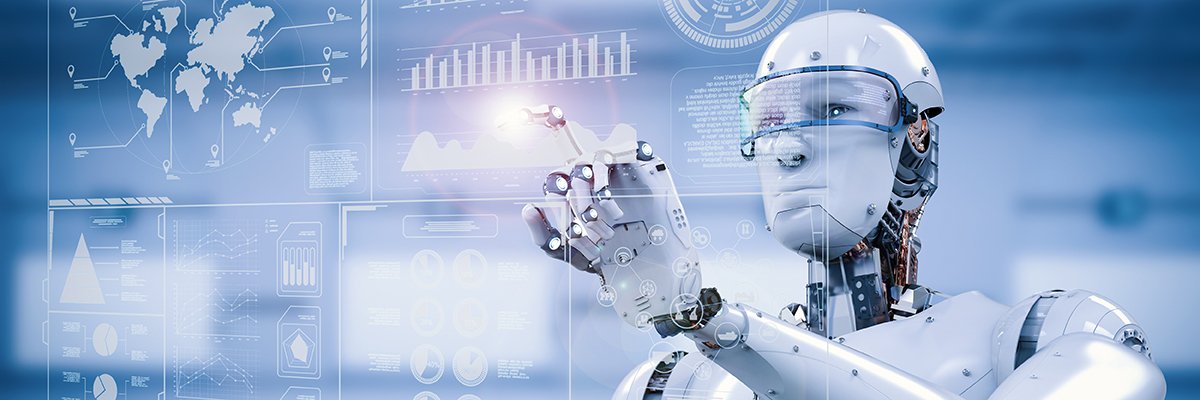
About Course
🧠 What is Artificial Intelligence (AI)?
Artificial Intelligence (AI) refers to the simulation of human intelligence in machines. These machines are designed to think, learn, and make decisions like humans. AI enables computers or systems to perform tasks that typically require human intelligence — such as understanding language, recognizing images, solving problems, and making decisions.
🔍 Key Components of AI Machine Learning (ML)
AI systems that can learn from data and improve over time without being explicitly programmed. Deep Learning A subset of ML that uses neural networks with many layers to analyze complex patterns — commonly used in image and speech recognition. Natural Language Processing (NLP) Allows machines to understand, interpret, and respond to human language (e.g., chatbots, language translation). Computer Vision Enables machines to interpret and understand visual information from the world (e.g., facial recognition, medical imaging). Robotics The use of AI in designing robots that can perform tasks such as assembly, surgery, or exploration. Expert Systems AI systems that mimic decision-making ability of a human expert (used in diagnostics, finance, etc.).
🧩 Types of Artificial Intelligence Narrow AI (Weak AI) Performs a specific task (e.g., virtual assistants, recommendation systems).
➤ Example: Siri, Alexa, Netflix recommendations General AI (Strong AI) Has human-like intelligence across multiple tasks (still theoretical).
➤ It can learn anything a human can. Superintelligent AI Hypothetical AI that surpasses human intelligence in all aspects — decision-making, creativity, emotions, etc.
📈 Applications of AI Healthcare: Disease detection, robotic surgery, medical imaging Finance: Fraud detection, algorithmic trading, credit scoring E-commerce: Product recommendations, virtual assistants, chatbots Education: Personalized learning, AI tutors Automotive: Self-driving cars, predictive maintenance Agriculture: Crop monitoring, yield prediction Entertainment: Content creation, facial recognition, game AI
⚙️ How Does AI Work?
AI works through: Collecting and processing large amounts of data Applying algorithms to identify patterns or make decisions Learning from experience (feedback loops) Adjusting performance through training (especially in ML)
🔐 Advantages of AI Faster decision-making Can work 24/7 without fatigue Automates repetitive tasks Improves accuracy and efficiency Enables smart systems and automation
⚠️ Challenges of AI High cost of development Ethical concerns (bias, job loss, surveillance) Data privacy issues Requires a lot of quality data Difficult to interpret “black box” algorithms in deep learning
🎓 Career Opportunities in AI Machine Learning Engineer AI/ML Developer Data Scientist AI Research Scientist NLP Engineer Computer Vision Engineer Robotics Programmer.
Course Content
📘 Module 1: Introduction to Artificial Intelligence
-
1. What is Artificial Intelligence?
-
2. History and Evolution of AI
-
3. Applications of AI in Real Life
-
4. Types of AI (Narrow, General, Superintelligence)

